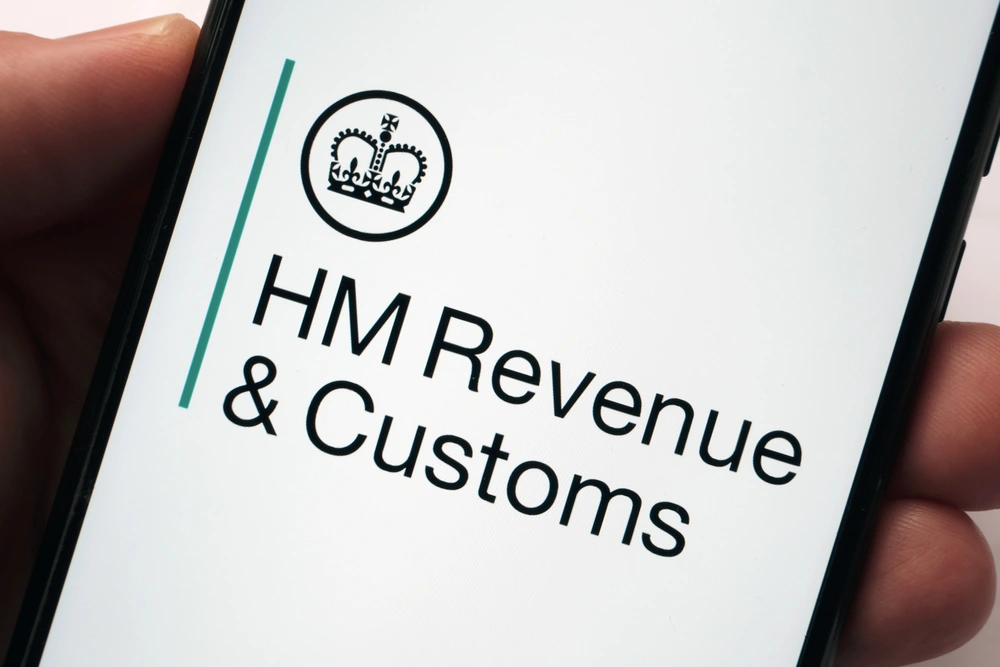Talking to your partner about money can be tricky, and if your financial situation includes debts, it can be even harder.
Many couples avoid revealing their debts until they're combining finances or making plans with their partner. But doing this can mean keeping your money worries to yourself for a long time. This can be stressful for you and put strain on your relationship, too.
Here are some pointers on how to tell your partner about this side of your financial life.
It may not be an easy conversation, so make time to do it properly
Debt can be an emotional topic. So, it's important to allow plenty of time to talk it through with your partner.
Find an occasion where you have no plans and no distractions. This will give you as long as you need to talk through your situation and answer any questions your partner has.
Remember to protect your privacy
Sharing information like account details and logins is rarely a good idea, even with people you trust completely. Things can change, and if your relationship ends on bad terms in the future, your partner could misuse any information they have access to. Keeping certain things private can help you protect yourself from this kind of situation.
Start with the facts
If you're not sure how to open a conversation about your debts, start with the facts:
- How much you owe
- What kind of debt you have - e.g., credit card debt, or unpaid utility bills
- Whether you're being chased by creditors
If you owe a lot, then saying the number out loud can feel daunting. You may be tempted to test the waters with your partner by telling them about some, but not all, of your debts. But this may mean you need to have another conversation about debt in the future, which could lead to them feeling you've been dishonest.
Share your plan to get out of debt
Once your partner knows what you owe, the next thing to talk to them about is how you're paying it off. Sharing your plan shows you're taking the situation seriously, which can be reassuring for them. Consider talking about:
- What approach you're taking to pay off your debts. For example, are you following your own plan or using a debt solution?
- What help you have, if any. If you've spoken to a debt adviser, then telling your partner this can help them see that you're tackling this in a considered way with help from a professional.
- How much you've paid off, and how much is left. Sharing your progress can inject some much-needed positivity into the conversation. Even if you still have a long way to go before you're debt-free, it's good to show what you've achieved so far!
Take responsibility for your decisions, even if you no longer agree with them
Telling your partner how you got into debt can be upsetting. It may mean reliving a difficult period of your life, during which you had to make hard decisions about your finances. But by showing accountability for those decisions, even if looking back you would have done things differently, you're showing your partner you've learned from the situation you were in. And if you've learned from your experience, you may be less likely to repeat it.
Explain how your debts affect your partner
Your partner will probably have some questions about your situation. You can get ahead of them by thinking about what they might ask and preparing answers. For example:
- Talk about the short-term impact of the situation. If you're putting every penny you don't need for essentials towards your debts, you may not be able to afford to do as much. Explaining this to your partner can help you manage their expectations and avoid disappointment.
- Consider the long-term effects of your debt. Your debts will have a lasting effect on your finances. They could make it difficult for you to borrow money for a number of years, which could affect your plans with your partner. For example, if you want to buy a house together, then only your partner may be able to get a mortgage, which could mean borrowing less and buying a different type of home.
- Tell them if their finances are affected by your debt. If you have joint accounts with your partner, then your debts could be affecting their credit score because of the financial association between you.
- Be clear about how they can support you. How they can help is a question your partner may have at the end of this conversation. So think about this ahead of time and tell them how they can support you. This might be accepting that life will be a little different until you've repaid what you owe, or simply cheering you on and helping to keep you motivated to pay off your debt.
Know where to find help
Talking to your partner about your debts may make you realise you need help, either with your money or your relationship. You can get free, impartial advice from:
- StepChange provide free debt advice and access to debt solutions.
- Citizens Advice advise on all kinds of money topics.
- Money Wellness can provide free debt advice and help with debt solutions.
- MoneyHelper has a wealth of information and advice on all sorts of money topics.
- National Debtline can give you advice and support with all kinds of debt.
- Relate can help with relationship advice, including how to talk to your partner about money and debt.
Sources
https://www.moneyhelper.org.uk/en/family-and-care/talk-money/talking-to-your-partner-about-money
https://www.stepchange.org/debt-info/talking-about-debt.aspx
Helen is a personal finance editor who’s spent 11 years (and counting!) in the finance industry. She creates content on everything money with the goal of getting people thinking – and talking – about their finances in ways they may not have done before.
![Email icon]()
Become a money maestro!
Sign up for tips on how to improve your credit score, offers and deals to help you save money, exclusive competitions and exciting products!
Find this useful? Share it with others!









